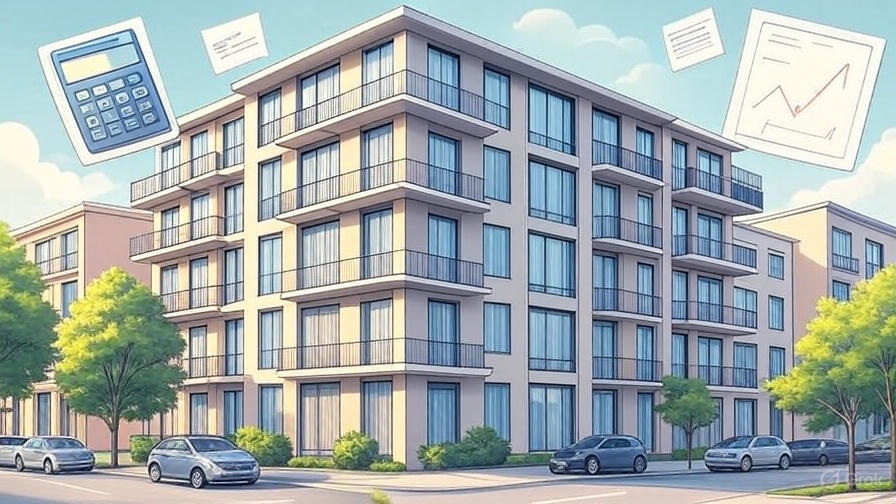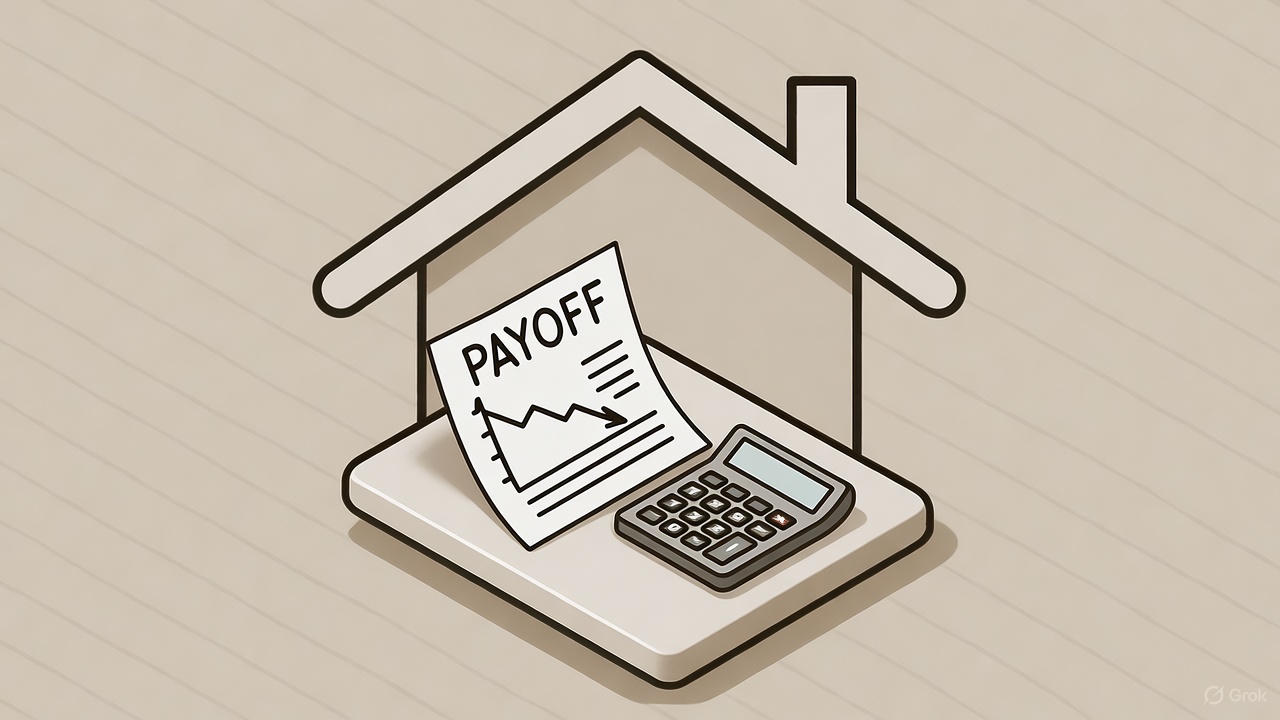That sleek downtown condo or low-maintenance townhome can turn into a financing nightmare when HOA issues surface during underwriting. Here’s what kills deals and how to spot problems before you fall in love with the wrong unit.
Why HOA Health Matters For Loans
Lenders don’t just approve you—they approve the entire condominium complex. A financially unstable HOA represents risk that can sink your loan even when your credit and income look perfect. The complex becomes collateral, so lenders dig deep into HOA financials, governance, and legal standing.
In Raleigh’s hot condo market, this means that gleaming new unit downtown might be harder to finance than you expect. Mixed-use buildings with retail, high investor concentrations, or deferred maintenance create lending hurdles that can delay closing or kill deals entirely. For more on unexpected costs that surface during the buying process, see Hidden Costs When Buying a Home in Raleigh.
The Investor Ratio Trap
Most lenders cap investor ownership at 50% for conventional loans. FHA loans are stricter—they typically require at least 50% owner-occupancy with lower investor tolerance. When a complex tips past these thresholds, financing options shrink fast.
Example: 100-unit complex with 60% investors
Conventional loan: Likely declined
FHA loan: Declined
Portfolio/Non-QM: Possible but higher rates
Hot rental markets like downtown Raleigh and Durham often see investor ratios climb as owners convert to rentals. That trendy complex near NC State might look perfect until you discover 70% are rental units. Always ask about investor concentration before falling for a specific unit.
Financial Red Flags Lenders Check
Lenders want to see HOAs that collect dues reliably and manage money responsibly. Common deal-killers include high delinquency rates, inadequate reserves, and poor budget planning. Most conventional loans cap delinquencies at 15% of total units.
Financial warning signs include:
- Delinquency rates above 10-15% of units behind on dues
- Reserve funds below 10% of annual budget
- History of special assessments for basic maintenance
- Pending litigation that could impact complex finances
- Active lawsuits against the HOA or management company
Newer complexes often have thin reserve funds since they haven’t had time to build cash cushions. This can create approval challenges even when the building looks pristine.
Special Assessments And Reserves
Pending or recent special assessments raise immediate red flags for lenders. Assessments over $1,000 per unit often require lender approval and may force you to qualify with higher debt ratios or additional cash reserves.
Timing matters hugely. An assessment for roof replacement that was completed and paid off poses less risk than one that’s pending or ongoing. Lenders worry about your ability to handle both mortgage payments and unexpected HOA bills.
Reserve study requirements vary by loan type, but most lenders want to see adequate funds for major repairs and replacements. Buildings that defer maintenance and rely on special assessments signal poor financial planning.
Warrantability And Complex Approval
Non-warrantable condos don’t meet conventional lending guidelines, forcing buyers into portfolio loans with higher rates and stricter terms. Common triggers include excessive commercial space (usually over 25%), unresolved legal issues, lawsuits against the HOA, or single-entity ownership of too many units.
Mixed-use buildings are especially tricky. That chic downtown Raleigh complex with ground-floor restaurants might offer great walkability but limited financing options. Lenders view commercial space as adding risk and complexity.
Even warrantable complexes can lose approval status if conditions change. A pending lawsuit, financial deterioration, or shift in investor ownership can flip a financeable building into a portfolio-loan-only property.
Raleigh Market Specifics
Downtown Raleigh’s mixed-use developments often trigger stricter lending requirements due to commercial space percentages. Buildings near NC State and Duke frequently have high investor ratios as parents buy units for students, then convert to rentals post-graduation.
Charlotte’s high-rise market shows similar patterns, while Durham’s smaller condo inventory means fewer options when HOA issues surface. Newer developments in suburbs like Cary and Apex typically have cleaner financials but may lack adequate reserves.
When evaluating condo vs. traditional home ownership in the Triangle, factor in HOA risks alongside monthly budget impacts. For a complete breakdown of ownership costs, check out Rent vs Buy in Raleigh.
Always request HOA financials and budgets before making an offer. Your agent should be able to get basic investor ratio information, and your lender can often pre-screen complex eligibility before you commit.
FAQ
Most conventional loans require 50% or more owner-occupied units. FHA loans typically need at least 50% owner-occupancy with stricter investor caps.
Conventional loans often cap delinquencies at 15%. FHA loans are stricter, usually requiring under 15% past-due assessments for approval.
Yes. Pending special assessments over $1,000 per unit often require lender approval and may impact qualification or require additional reserves.
High investor concentration, excessive commercial space, unfinished litigation, poor financial health, or deferred maintenance can make complexes non-warrantable.
Mixed-use buildings with ground-floor retail often face stricter lending requirements. The commercial space percentage can trigger non-warrantable status.
Want a plan that matches your timeline?
I’ll work up loan options that fit your goals, needs, and qualifications—so you’re never squeezed into the wrong program. Clear paths. Real numbers. Calm decisions.
Prefer to talk? 984-289-6479 · wolff@michaelthebroker.com




